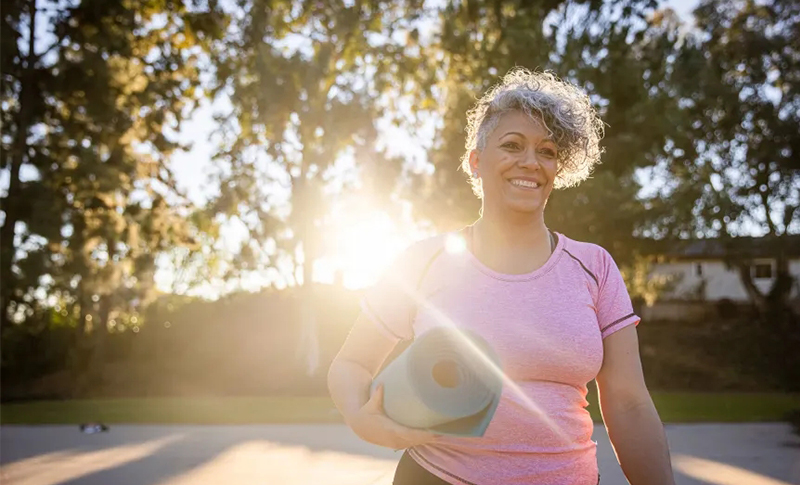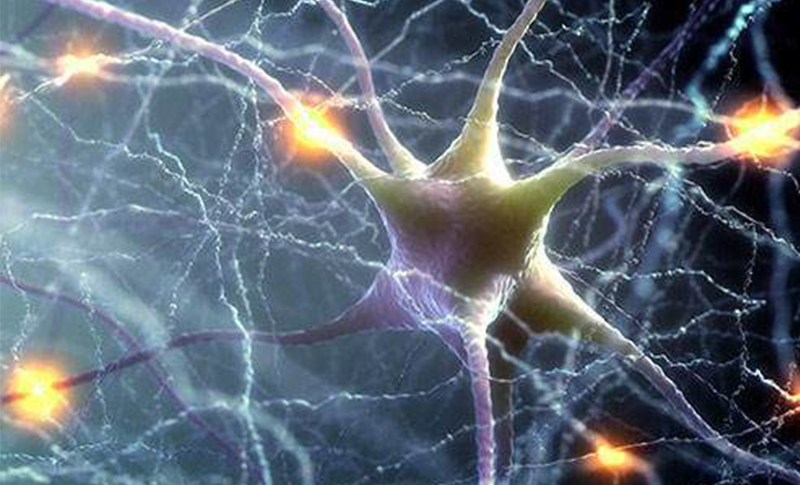The evidence is clear: Poor sleep habits can be harmful for our health. But all “bad” sleep isn’t the same, and some sleeping patterns have a stronger link to chronic health conditions like heart disease, cancer, and diabetes.
To understand the varying impacts, a recent study published in the journal Psychosomatic Medicine identified four distinct sleeping styles and their associated risks.Researchers found that daytime nappers and people with insomnia were more likely to develop a chronic health condition compared with other kinds of sleepers. They also uncovered factors, such as age and employment status, that made certain sleep problems more likely.
These results hold even after controlling for existing health conditions and variables like education and income, says lead author Soomi Lee, PhD, associate professor of human development and family studies at Penn State in State College, Pennsylvania.
The findings also indicate that public health efforts and interventions to reduce chronic disease should be targeted with peoples’ varying sleeping patterns in mind rather than one-size-fits-all, she says.
To better understand the different ways that people sleep and the impact of sleep on long-term health, researchers used data from approximately 3,700 adults who were enrolled in the ”Midlife in the United States” study. Investigators gathered data across two time points 10 years apart on self-reported sleep habits, including sleep regularity and duration, perceived sleep satisfaction, and daytime alertness, as well as the number and type of chronic conditions.
The analysis revealed four different sleep patterns:
Researchers then analyzed information about the participants’ sleep patterns along with information on age, employment status, education, and health over the 10-year period.
Key findings included:
Although weekend catch-up sleeping was not associated with chronic conditions, people with this sleeping style were most likely to transition to nappers over time, says Dr. Lee.
Researchers also found that people with less education and without a job were more likely to have insomnia, and older adults and retirees were more likely to be nappers. They also found that people were unlikely to change their sleep pattern over the course of the 10 years, especially if they were insomnia sleepers or nappers.
These findings make sense given what scientists already know about sleep and the risk of chronic health conditions, says Ruth Benca, MD, a professor of medicine and sleep expert at Atrium Health Wake Forest Baptist in Winston Salem, North Carolina, who was not involved in the study.
While napping and weekend catch-up sleeping (also known as social jet-lag) aren’t always health issues, insomnia is, she says. “Insomnia can lead to sleep deprivation, which is associated with negative health outcomes,” says Dr. Benca.
“The finding that people’s sleep type tends not to change was interesting; it was pretty stable over a 10-year period. That’s important because it suggests that personalized approaches targeted to the type of sleeper you are might be effective,” she says.
“I have patients ask me if it’s good or bad to take naps, and my answer is, ‘Yes,’” says Benca. The question of napping is complicated: Sometimes it’s helpful and sometimes it’s harmful, she says.
In many cultures, napping is quite normal, and there’s even evidence that it can improve cognitive and athletic performance, Benca says. “On the other hand, napping can also be a sign of underlying health conditions — for example, someone with sleep apnea may be excessively sleepy during the day and take naps,” says Benca.
Needing to nap could also be a sign of neurodegenerative conditions in older adults, because their circadian are less robust, and they’re not sleeping well at night, she says.
“The other thing we know that is confirmed by this study is that older adults, particularly those who are retired, are more likely to take naps simply because they can,” says Benca.
If you like a daytime snooze, keeping nap times on the short side (like 30 minutes to an hour) typically makes waking up easier, she says, adding that taking a nap close to bedtime can make it harder to go to sleep at night.
The issue is that catch-up sleep on the weekend could contribute to irregular sleep patterns and sleep deprivation during the week, she says.
“That doesn’t mean that if you’re tired you shouldn’t sleep later on mornings when you are able to,” says Benca. “But if you’re chronically sleep deprived, catching up for a day or two may not necessarily correct everything.”
In adolescents, there’s evidence that weekend catch-up sleep is linked with worse school performance, worse mood, and other difficulties, she says.Sleep is an everyday behavior that is modifiable, says Lee. “So, if we can improve sleep almost every day, what outcomes might we see after several months, or even several years? Better sleeping habits can make many significant differences, from improving social relationships and work performance to promoting long-term healthy behaviors and healthy aging,” Lee says.
If behavioral changes aren’t enough to stop insomnia, there are also treatments that can help, says Benca. “The current recommended first-line treatment is cognitive behavioral therapy, which is a behavioral treatment that we know can be effective for most people who are able to do it,” she says.
The problem with cognitive behavioral therapy (CBT) is that there aren’t a lot of trained therapists. “Although there are apps and versions people can do more independently, it may be harder for people — especially those with more severe problems — to adhere to the recommendations on their own,” Benca says.
CBT for insomnia focuses on exploring the connection between the way we think, the things we do, and how we sleep. During treatment, the patient works with the therapist to identify thoughts, feelings, and behaviors that are contributing to the symptoms of insomnia.It’s important to note that CBT isn’t the same as sleep hygiene, which is the term for good sleep habits, such as going to bed and getting up at the same time and avoiding caffeine in the afternoon, says Benca. “Good sleep hygiene is important, and that’s the first thing to work on if you’re having sleep issues,” she says.
There are also a variety of different types of medications available that can be used for insomnia, and they have different effects on sleep and wakefulness, says Benca. “It’s a matter of working with your physician to figure out if a medication is the right thing for you and if so, which one,” she says.
 Does Losing Weight Lower Cholesterol?
Does Losing Weight Lower Cholesterol?
 7 Potential Health Benefits of Running
7 Potential Health Benefits of Running
 10 Best and Worst Foods to Eat on Weight Loss Drugs
10 Best and Worst Foods to Eat on Weight Loss Drugs
 Understanding Alzheimer's Disease: the Basics
Understanding Alzheimer's Disease: the Basics